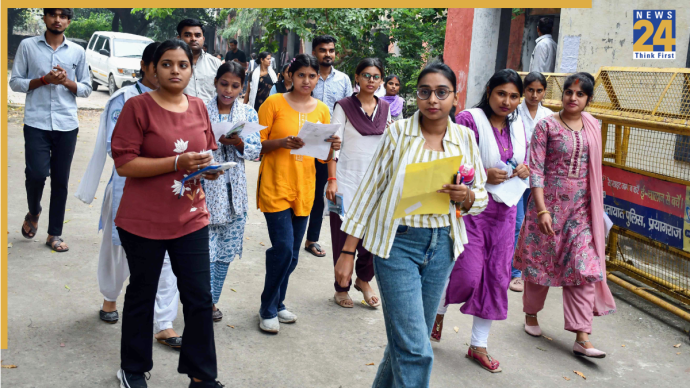In a significant judgement, Delhi’s Karkardooma Court has acquitted three brothers accused of operating an organized crime syndicate, according to ANI reports. The court ruled that the sanctions for registration of the case under the Maharashtra Control of Organised Crimes Act (MCOCA) were given by the competent authority ‘without due application of mind.’
Special Judge of MCOCA Pulastya Pramachala acquitted the accused – Mohd Jamal alias Ranjha, Mohd Umar alias Pau, and Kamaluddin alias Kamal alias Bilal of the charges. Their father Mohd Iqbal Gazi reportedly died during the trial.
Also Read: Salman Khan Receives Another Threat: Asked To Pay Rs 5 Crore To End Feud With Lawrence Bishnoi
Background Of The Case
In August 2013, a case was registered against the three brothers and their father, Mohd Iqbal Gazi, at Seelampur Police Station under MCOCA. After registration, the investigation of the case was assigned to the then ACP of Seelampur.
Courts Judgement
On October 15, while pronouncing judgment, Special Judge Pramachala said that the three brothers were acquitted of all the charges against them. The court ruled that the sanctions to register the case under MCOCA were invalid, while acquitting them. The Special Judge also said that the sanctioning authority did not cross-check if there were requisite conditions in compliance with the standard required for invoking MCOCA. It was also held by the court that a confession made under Section 18 of the Act is admissible in evidence.
Delhi court acquits 3 brothers in 2013 MCOCA case, noting sanction was not valid
Read @ANI Story | https://t.co/3OWDLWOel0#Delhi #MCOCA #court pic.twitter.com/Bq0KixwzRM
— ANI Digital (@ani_digital) October 18, 2024
The court noted that the prosecution has not satisfied the necessary legal ingredients, so neither the existence of crime syndicate stands proved nor the commission of an organized crime.
Advocate Akshay Bhandari appeared for Mohd Jamal alias Ranjha along with others. It was noted that the applicant was in custody since June 20, 2016, approximately 8 years and 4 months.
Also Read: Supreme Court Says Prohibition Of Child Marriage Act Cannot Be Stunted By Personal Laws












